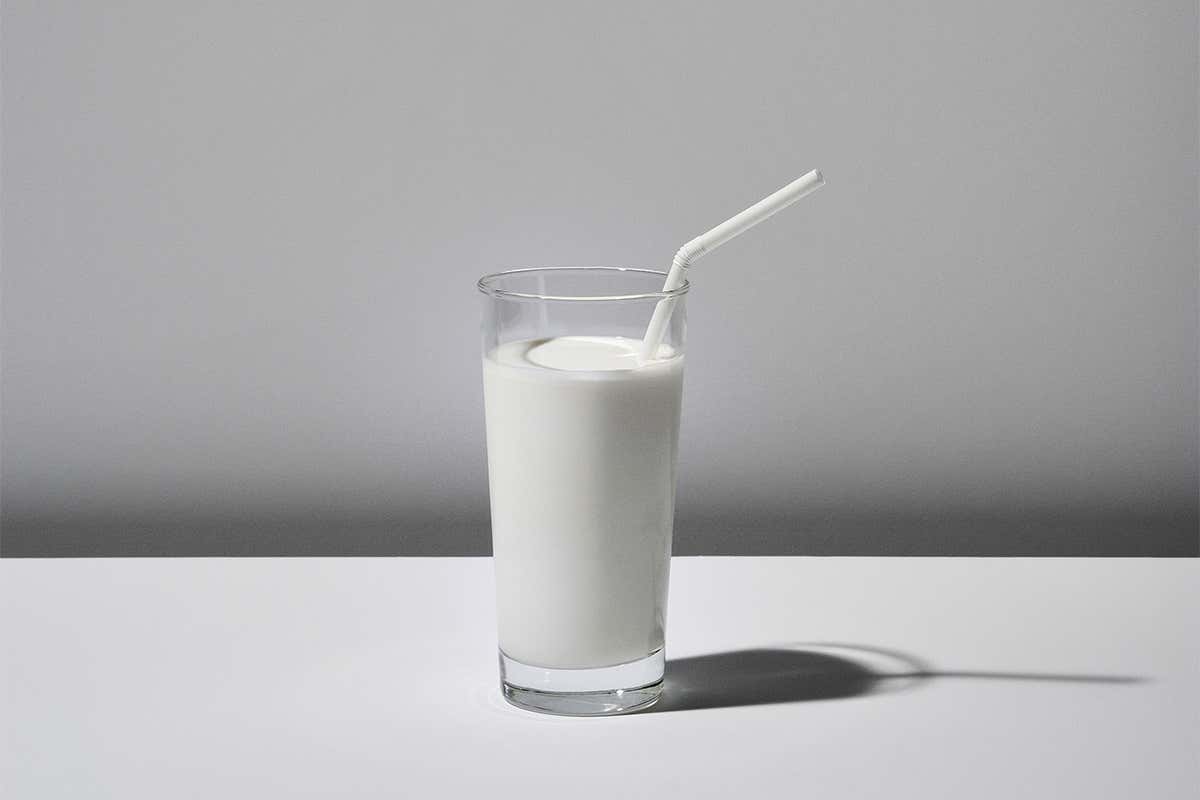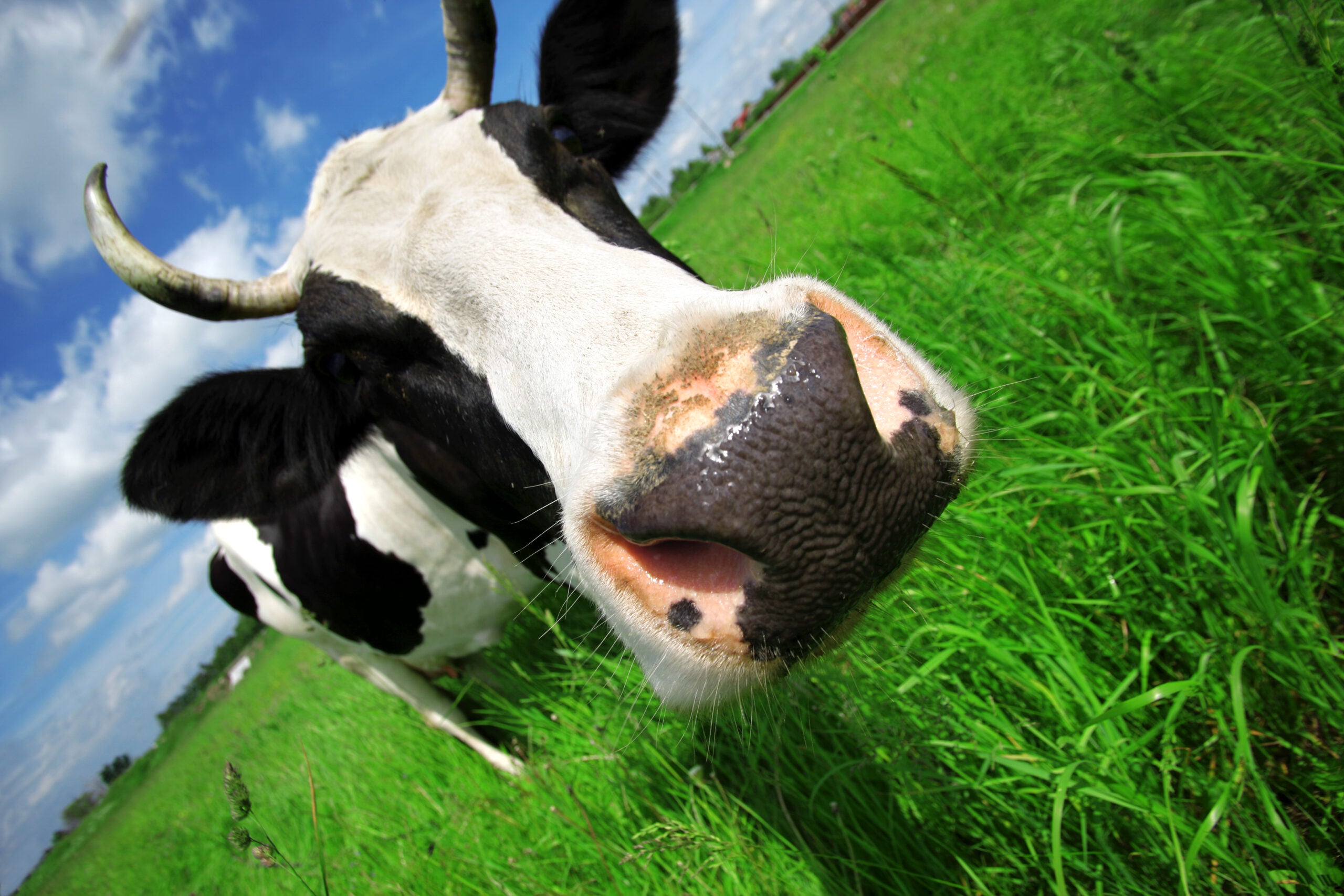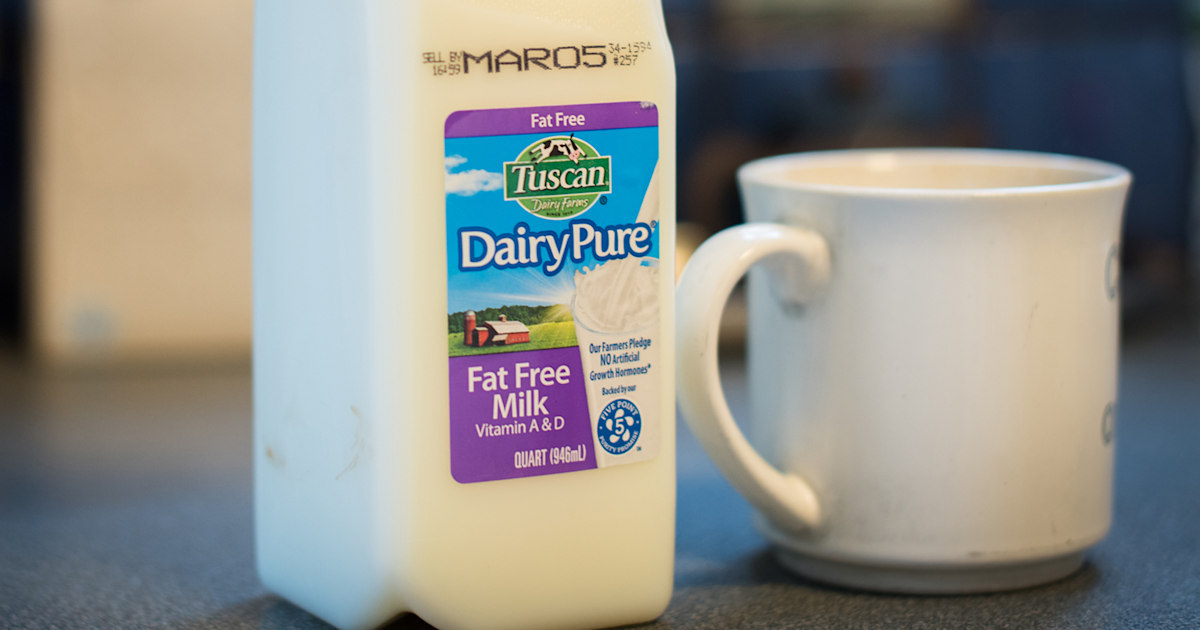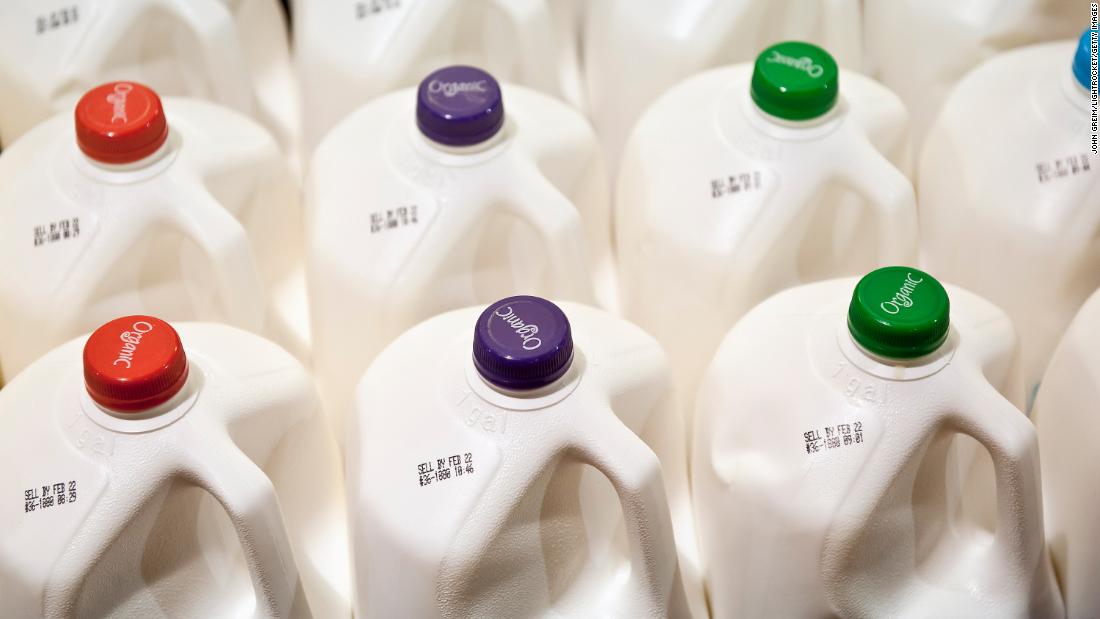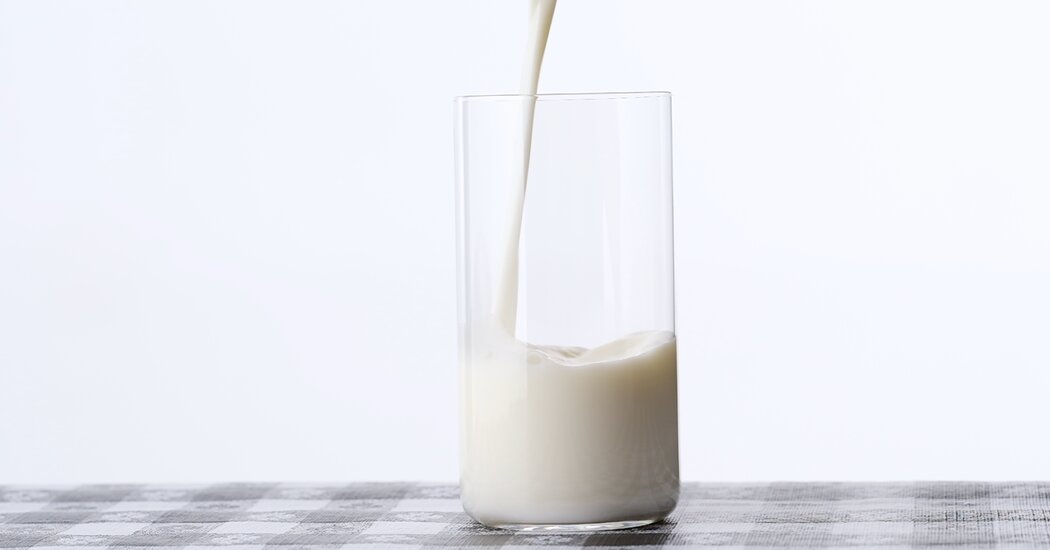What? Wait! You ask, What is a dairy thread doing in the VF.
Well, in the past I've had news about strictly dairy things. Dairy farmers, dairies, and other milk related news. But I never knew where to put them.
From now on I'll put them here.
For years I've been interested in human evolution. And the whole lactase thing is a great story in human evolution. but its about to be revised.
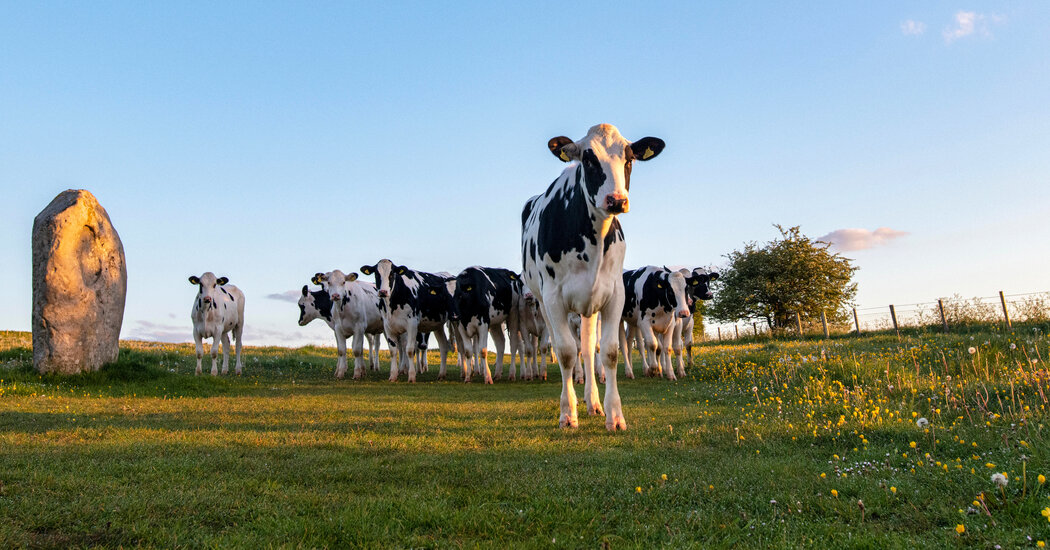
 www.nytimes.com
www.nytimes.com
Well, in the past I've had news about strictly dairy things. Dairy farmers, dairies, and other milk related news. But I never knew where to put them.
From now on I'll put them here.
For years I've been interested in human evolution. And the whole lactase thing is a great story in human evolution. but its about to be revised.
In every mammalian species, females produce milk to feed their young. The nursing babies digest the milk with the help of an enzyme called lactase, which cuts milk sugar into easily absorbed fragments. When the young mammals are weaned, they stop making lactase. After all, why waste energy making an enzyme you no longer need?
But it is common for our species to keep consuming milk into adulthood. What’s more, about one-third of people carry genetic mutations that allow them to produce lactase throughout their lives, making it easier to digest milk.
Scientists have long suspected that dairy consumption and the persistence of lactase rose together in human history. When people started herding cattle and other livestock some 10,000 years ago, the theory went, those with a mutation for lactase persistence gained a new source of calories and protein. People without the mutation, in contrast, became sick when they tried to consume milk and so did not take advantage of the new milk supply.
But a new study of ancient human DNA and milk-drenched pottery shards suggests that the traditional story does not hold up.
Dr. Evershed and his colleagues found that Europeans were consuming milk without lactase for thousands of years, despite the misery from gas and cramping it might have caused. The scientists argue that the lactase mutation only became important to survival when Europeans began enduring epidemics and famines: During those periods, their poor health would have exacerbated gastric distress, leading to life-threatening diarrhea.

Early Europeans Could Not Tolerate Milk but Drank It Anyway, Study Finds
For thousands of years, Europeans consumed milk products despite lacking an enzyme needed to avoid gastrointestinal discomfort, according to a new study.


